Nanfang Financial Media reporter Lu Taoran reported from Beijing, "Green finance," as one of the five major articles in building a strong financial country, has gradually become an important path for financial institutions to promote the sustainable development of the economy and society.
"At present, China's economic and social development has entered a high-quality development stage that accelerates greening and low-carbonization," said Ma Haitao, President and Deputy Secretary of the Party Committee of Central University of Finance and Economics, at the 2024 annual meeting of the Green Finance International Research Institute of Central University of Finance and Economics held on September 22. To give full play to the role of green finance, it is necessary to construct a multi-level and multi-channel financial product and service system, to form a joint force between transition finance and green finance, and to expand the international cooperation of green finance under the existing cooperation mechanism, exploring the "common language" of global green finance standards.
At the above forum, experts and representatives from various ministries and commissions, domestic and foreign academic institutions, financial institutions, international organizations, large state-owned enterprises, and other leading enterprises from various industries attended the event to discuss the current situation and future trends of domestic and foreign green finance development, and to conduct in-depth exchanges and dialogues on how green finance promotes the green transformation and high-quality development of the economy and society, promotes the construction of China's ecological civilization, and helps global sustainable development.
At the above forum, Jiang Zhaoli, a first-level inspector of the Climate Change Department of the Ministry of Ecology and Environment, pointed out that in the next stage, climate investment and financing should focus on promoting green and low-carbon development and developing new quality productive forces. First, it is necessary to strengthen the policy coordination mechanism with the climate change target as the core; second, it is necessary to improve the industry-finance docking mechanism with the climate investment and financing project library as the core; then, it is necessary to explore the market incentive mechanism with carbon pricing as the core; and finally, it is necessary to establish a risk management mechanism with carbon footprint as the core.
What directions are worth focusing on to give full play to the quality and efficiency of financial services and promote the comprehensive green transformation of the economy and society?
In this regard, Ye Yanfei, the former first-level inspector of the China Banking and Insurance Regulatory Commission, said that traditional industries and green industries such as the "new three" can develop merger and acquisition financing; at the same time, financial support for green and low-carbon technology research and development and other aspects also needs to be strengthened.
"The information sharing mechanism is also in urgent need of establishment. By establishing full life cycle carbon labels for related products and other measures, effective disclosure of carbon emissions and other information can motivate the whole society to enhance carbon emission reduction awareness," said Ye Yanfei.
Zhang Bei, deputy director of the Research Bureau of the People's Bank of China, said in her speech that compared with climate change, there is still room for improvement in the understanding and assessment of nature-related opportunities and risks, nature-related information disclosure, and related financial support, which requires further research and exploration.
Zhang Bei further explained that nature contains a large number of investment opportunities. By strengthening the identification and assessment of nature-related opportunities and risks, it will help micro entities take actions that are beneficial to nature—the role of small and medium-sized enterprises in nature information disclosure needs to be valued, and nature-related financial products and services also need to be developed.
At the above forum, Lin Shan, deputy director of the International Finance Center of the Ministry of Finance, said that as global green and low-carbon development has become a new driving force for economic growth. Although the prospects are broad, global green and low-carbon development also faces many challenges: first, deglobalization and protectionist measures have caused certain obstacles to the global green development process; second, there is a huge gap in climate investment and financing in developing countries, and the distribution of climate funds mobilized by developed countries is seriously unbalanced; third, developing countries face dual challenges of development and climate change response.How can China address the aforementioned challenges and better promote economic growth through green development?
Cui Weijie, Deputy Director of the Academy of International Trade and Economic Cooperation under the Ministry of Commerce, pointed out in his speech that in the future, China can take three measures to cope with the challenges and promote the improvement of global green trade and economic governance capabilities: First, clarify the underlying logic of green trade and economic rules, and accurately identify the key and direction of the benchmark based on its own industrial structure, economic structure, and corporate competitiveness. Second, rely on existing open platforms such as pilot free trade zones, or by building green trade and economic cooperation demonstration zones, to further carry out pilot trials of green trade and economic rules, form effective experiences, and replicate and promote them nationwide. Third, improve the governance capabilities of green trade and economic rules, further leverage China's scale advantages in the fields of green and low-carbon products, explore and propose Chinese propositions, Chinese initiatives, and Chinese solutions, transform scale advantages into rule advantages, and shift from passive benchmarking to active benchmarking and even leading.
During the conference, three thematic parallel forums were held. Sub-forum one focused on the topic of "Key Industry Transformation Pathways and Financial Support", and conducted in-depth exchanges and discussions on key issues such as financial support for the transformation and upgrading of key industries, enriching transformation financial products and services, and financial empowerment of new quality productive forces.
Sub-forum two, themed "International Experience and Chinese Practice in Biodiversity Finance", analyzed the exploration and practice of international financial institutions in supporting biodiversity, and conducted in-depth discussions and outlooks on how China can guide financial institutions to participate in biodiversity protection in the future.
Sub-forum three, themed "Integration Practice and Outlook of Green Inclusive Finance", conducted in-depth discussions on the effective integration of green finance and inclusive finance, doing a good job in green inclusive finance, and providing high-quality services for economic and social development.


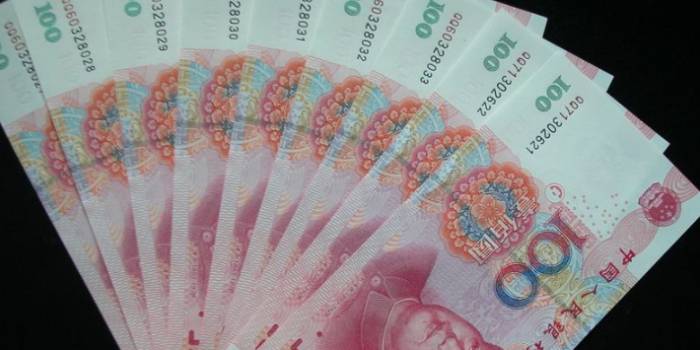











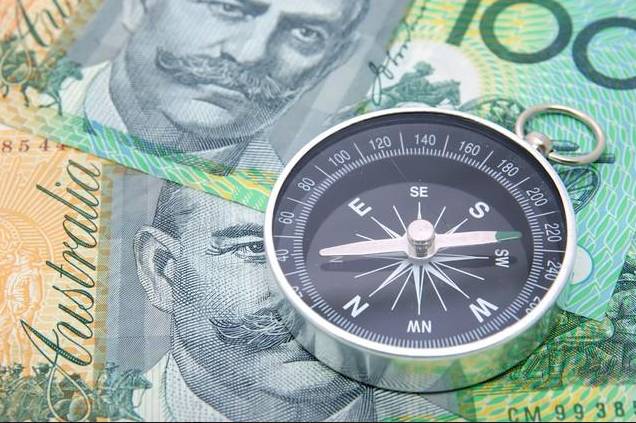
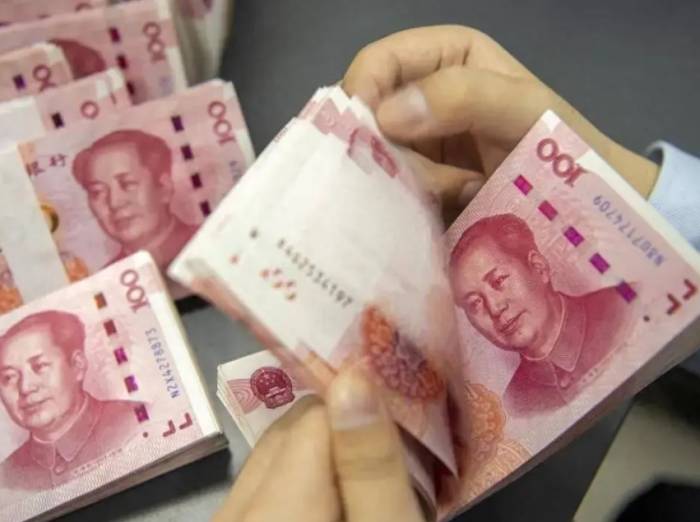




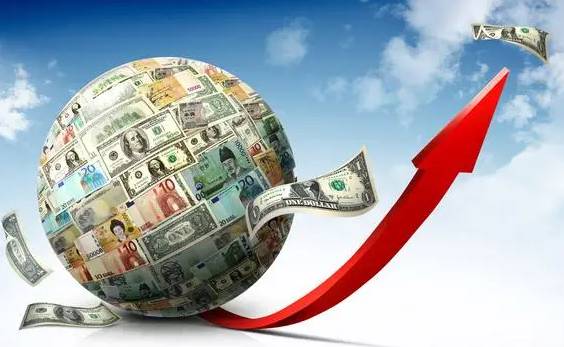
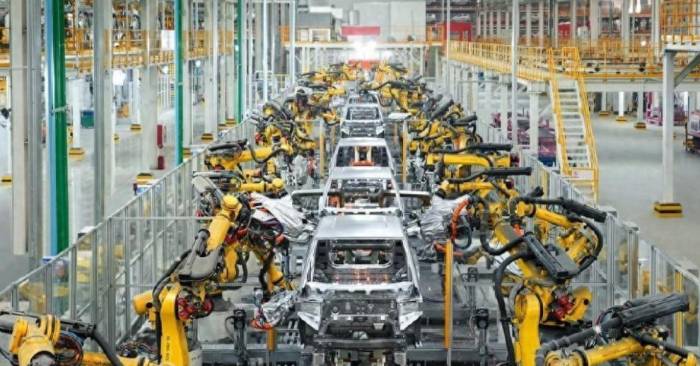

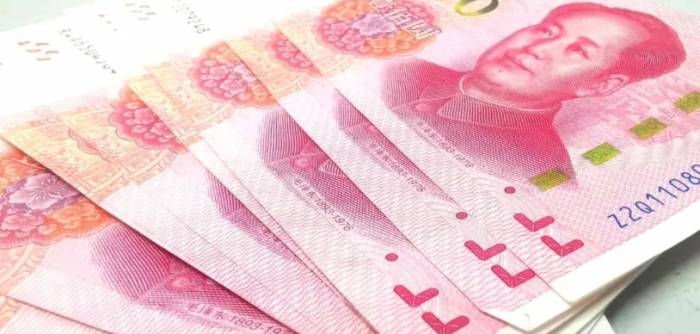
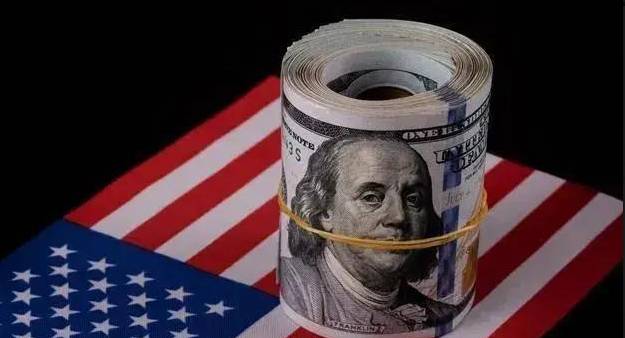





Add your perspective